"WTO talks collapse heartbreaking"
International negotiators expressed disappointment at the failure of the talks in Geneva aimed at liberalizing global trade.
Wednesday, 30.07.2008.
09:31

International negotiators expressed disappointment at the failure of the talks in Geneva aimed at liberalizing global trade. China said the collapse was a serious setback for the world economy, while the EU described it as "heartbreaking". "WTO talks collapse heartbreaking" The negotiations foundered because the United States could not agree with China and India on import rules. But the World Trade Organization chief, Pascal Lamy, said he would not abandon his efforts to find an agreement. The main stumbling block was farm import rules, which allow countries to protect poor farmers by imposing a tariff on certain goods in the event of a drop in prices or a surge in imports. India, China and the U.S. could not agree on the tariff threshold for such an event. Washington said that the "safeguard clause" protecting developing nations from unrestricted imports had been set too low. Ministers had struggled for more than a week to reach a consensus on a trade pact, with talks finally breaking down on Tuesday. It's too early to say but the bottom line is we can't give up - we have too much at stake India's envoy, Ujal Singh Bhatia The "Doha Round" was launched in 2001 with the aim of lifting millions out of poverty. But Lamy said "members have simply not been able to bridge their differences". He said: "We will need to let the dust settle a bit... WTO members will need to have a sober look at if and how they bring the pieces back together." EU Trade Commissioner Peter Mandelson described the result as a "collective failure". He said that it was now necessary to "make sure the damage is contained", and to work "as hard as possible to restore that confidence" in the WTO. U.S. trade representative Susan Schwab said the US would "stand by our current offers" and that it hoped to return to a negotiations where there was "more ambition on the table". India's envoy to the talks, Ujal Singh Bhatia, said the "bottom line is we can't give up", while China said WTO members should "learn a lesson" from the failure. Brazil's Foreign Minister Celso Amorim insisted that the negotiations were not dead. "We have a good package, a package that would be positive for world trade," he said. Over the years, the talks have repeatedly collapsed as developed countries failed to agree with developing nations on terms of access to each others' markets. The U.S. and the European Union want greater access to provide services to fast-growing emerging countries, including China and India. Meanwhile, developing countries want greater access for their agricultural products in Europe and the US. Analysts have said that the collapse of the Doha talks could symbolize an end to multilateral trade agreements. Instead, nations may pursue dual agreements with partner nations, preferring to focus on their own requirements rather than a more common negotiating goal. The talks in Geneva were complicated by recent increases in the price of food and fuel. Higher prices have prompted protests in both developed and developing nations, making it harder for negotiators to reach a compromise on opening up their markets to greater competition, analysts said.
"WTO talks collapse heartbreaking"
The negotiations foundered because the United States could not agree with China and India on import rules.But the World Trade Organization chief, Pascal Lamy, said he would not abandon his efforts to find an agreement.
The main stumbling block was farm import rules, which allow countries to protect poor farmers by imposing a tariff on certain goods in the event of a drop in prices or a surge in imports.
India, China and the U.S. could not agree on the tariff threshold for such an event.
Washington said that the "safeguard clause" protecting developing nations from unrestricted imports had been set too low.
Ministers had struggled for more than a week to reach a consensus on a trade pact, with talks finally breaking down on Tuesday.
It's too early to say but the bottom line is we can't give up - we have too much at stake
India's envoy, Ujal Singh Bhatia
The "Doha Round" was launched in 2001 with the aim of lifting millions out of poverty. But Lamy said "members have simply not been able to bridge their differences".
He said: "We will need to let the dust settle a bit... WTO members will need to have a sober look at if and how they bring the pieces back together."
EU Trade Commissioner Peter Mandelson described the result as a "collective failure".
He said that it was now necessary to "make sure the damage is contained", and to work "as hard as possible to restore that confidence" in the WTO.
U.S. trade representative Susan Schwab said the US would "stand by our current offers" and that it hoped to return to a negotiations where there was "more ambition on the table".
India's envoy to the talks, Ujal Singh Bhatia, said the "bottom line is we can't give up", while China said WTO members should "learn a lesson" from the failure.
Brazil's Foreign Minister Celso Amorim insisted that the negotiations were not dead.
"We have a good package, a package that would be positive for world trade," he said.
Over the years, the talks have repeatedly collapsed as developed countries failed to agree with developing nations on terms of access to each others' markets.
The U.S. and the European Union want greater access to provide services to fast-growing emerging countries, including China and India.
Meanwhile, developing countries want greater access for their agricultural products in Europe and the US.
Analysts have said that the collapse of the Doha talks could symbolize an end to multilateral trade agreements.
Instead, nations may pursue dual agreements with partner nations, preferring to focus on their own requirements rather than a more common negotiating goal.
The talks in Geneva were complicated by recent increases in the price of food and fuel.
Higher prices have prompted protests in both developed and developing nations, making it harder for negotiators to reach a compromise on opening up their markets to greater competition, analysts said.


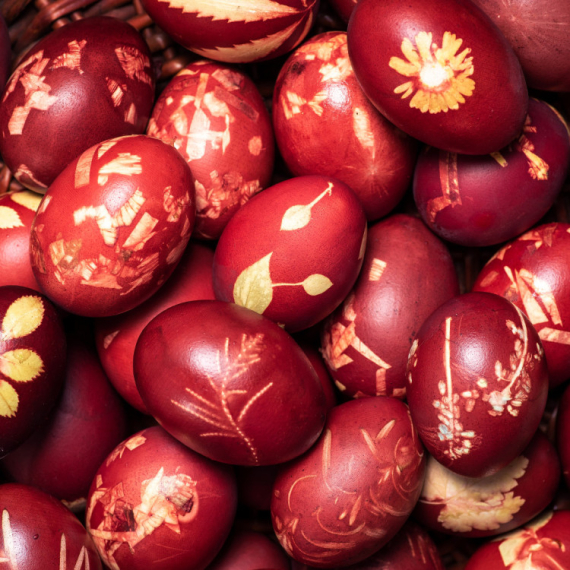








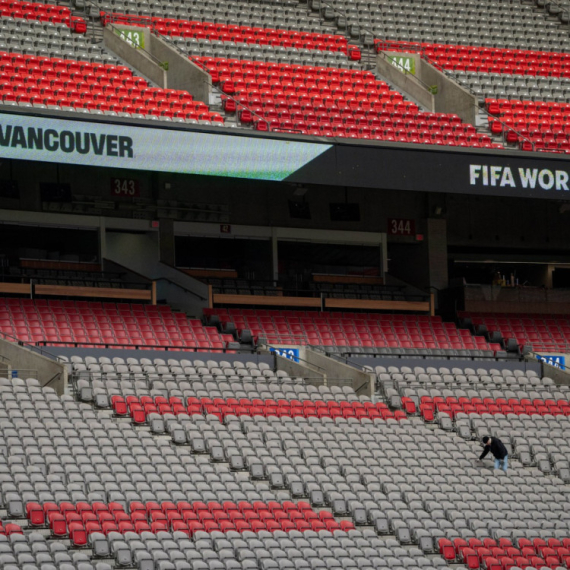
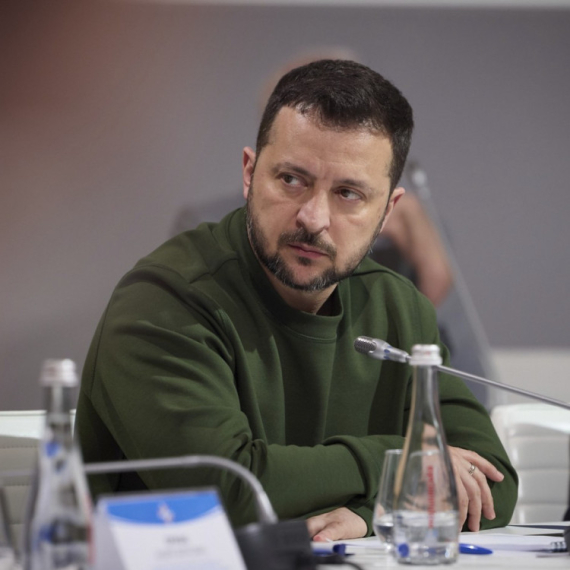


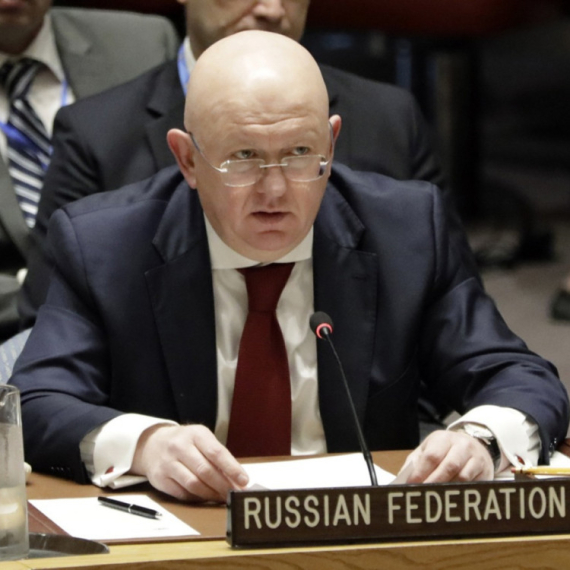




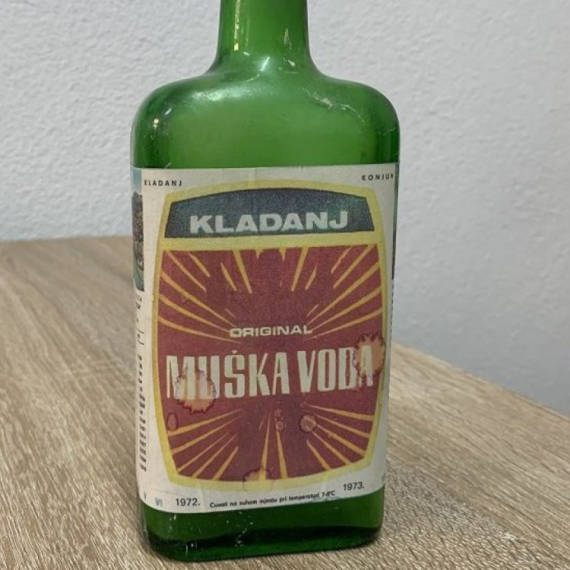


Komentari 0